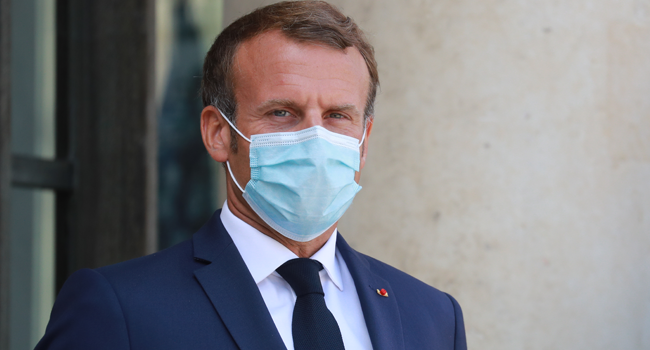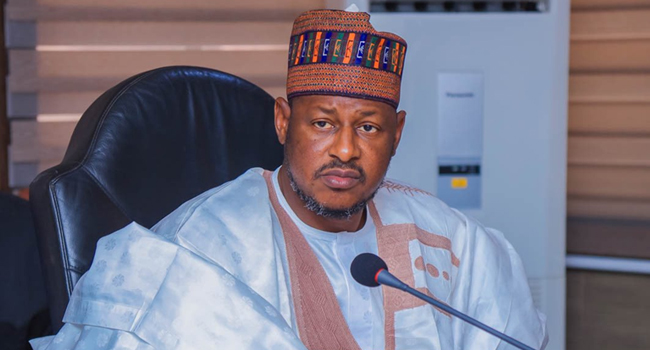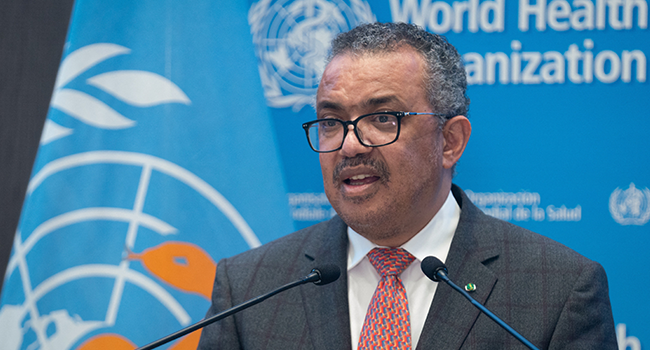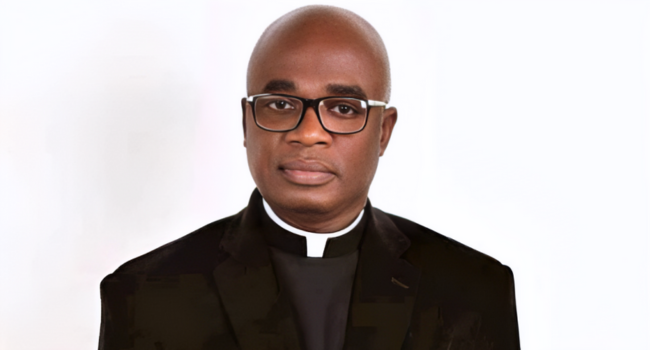
France should be vaccinating “morning, noon and evening”, President Emmanuel Macron said on Tuesday as he battles criticism that the COVID-19 immunisation drive has been too slow.
“We’re going to change pace from April,” Macron said during a visit to an inoculation centre in the northern town of Valenciennes, adding there should be “no weekend and days off when it comes to vaccinations”.
France is tackling the third wave of infections but is lagging behind many Western countries in terms of the number of people vaccinated.
It has rolled out some 8.8 million doses, compared with over 30 million in Britain and nearly 11 million in Germany.
While the inoculation drive has sped up in recent weeks, it has failed to keep step with a spike in infections.
The number of new infections is averaging around 30,000 a day, up around a third from the previous week.
With hospitals in some regions overwhelmed, the government has placed a third of the population under partial lockdown and announced plans to set up 35 mass vaccination centres.
– Vaccine export ban? –
Until now, France has been relying on community halls, hospitals, doctor’s surgeries and pharmacies while the US, Britain and several other countries have requisitioned larger spaces, such as stadiums.
The Stade de France stadium in the north of Paris — which has hosted the finals of the world cups in both football and rugby — will be used as a vaccine centre from April 6, officials said.
Some 10,000 people a week could be vaccinated there, officials said.
The government has complained that delays and shortfalls in vaccine deliveries — particularly supplies of the AstraZeneca vaccine — have hampered its fight against the pandemic.
European governments are furious that the Anglo-Swedish firm has been able to fully honour its UK contract while falling short on its supplies to the EU.
EU chief Ursula von der Leyen has threatened to halt EU exports of the AstraZeneca vaccine if the bloc does not receive its promised deliveries first.
“We’re fighting to get hold of doses,” Macron said.
France’s Europe Minister Clement Beaune insisted on the need for “reciprocity” with the UK, speaking to French radio.
“We deliver if we receive deliveries. If we are not supplied by others we will not deliver the doses. It’s simple,” he said, adding that the EU leaders would discuss the issue at a summit on Thursday.
– Lockdown fatigue –
France was among a host of EU countries to temporarily suspend use of the AstraZeneca vaccine last week due to fears over blood clots, but the jab was declared “safe and effective” by European regulators.
Prosecutors in the western city of Nantes said Tuesday they were investigating the death of a 26-year-old medical student days after he received AstraZeneca’s COVID-19 vaccine while stressing that no link had been established yet with the jab.
The handling of the health crisis has major consequences for 43-year-old Macron, just over 12 months from presidential elections in which he is expected to seek a second mandate.
With polls showing growing lockdown fatigue, he had for weeks tried to avoid ordering the French back indoors for a third time.
The month-long partial lockdown applies to Paris and several other regions in the north and southeast, but some experts believe tougher measures will be needed.
Non-essential businesses in the affected regions were forced to close, but schools, hairdressers and book shops remain open, while there are no restrictions on leaving home up to a distance of 10 kilometres (6 miles).
Travel is banned between high-infection zones and the rest of the country.




